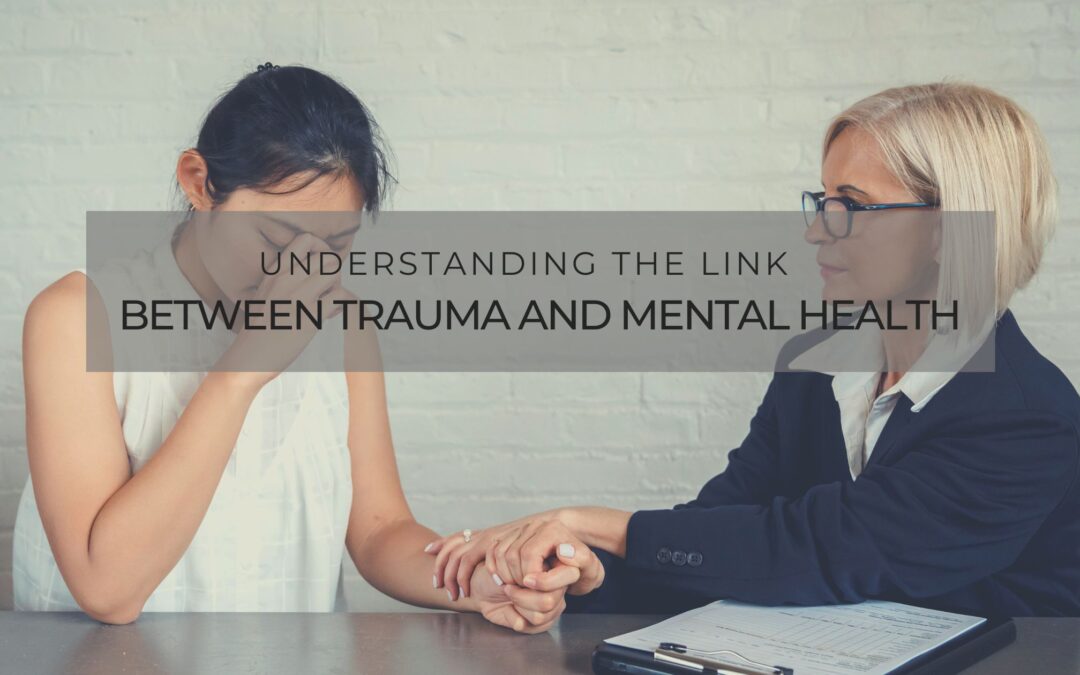Trauma is defined as an experience that is emotionally painful, distressing, or overwhelming. Traumatic experiences can significantly impact a person’s mental health, often leading to the development of mental health conditions like anxiety, depression, and post-traumatic stress disorder (PTSD). Understanding the link between trauma and mental health is essential for those who have experienced trauma and those who work in the mental health field.
Trauma Survivors
Trauma survivors have encountered or witnessed a traumatic event or series of events which can significantly impact their mental and physical health. Traumatic events can include physical or sexual assault, natural disasters, war or combat, serious accidents, or medical emergencies.
The Effects of Trauma
Trauma can profoundly impact a person’s mental health by altering how the brain processes information and responds to stress. Traumatic experiences can lead to changes in the brain’s structure and function, particularly in areas related to memory and emotion. This can lead to symptoms such as hypervigilance, avoidance, and intrusive thoughts and memories.
The impact of trauma on mental health can also be influenced by factors such as the duration and severity of the trauma, the age at which it occurred, and the presence of other stressors or mental health conditions. For example, trauma that occurs in childhood or that is ongoing can significantly impact mental health more than a single traumatic event.
Treatment Options
It’s essential for those who have experienced trauma to seek support and treatment for any resulting mental health conditions. This can include therapy, medication, or a combination of both. Mental health professionals who work with trauma survivors should have specialized training in trauma-informed care, which involves understanding how trauma impacts mental health and providing care sensitive to the needs of trauma survivors.
Many forms of therapy and treatment are available for trauma survivors, including trauma-focused cognitive behavioral therapy (CBT), eye movement desensitization and reprocessing (EMDR), and medication. Trauma survivors need to work with a mental health professional with specialized training in trauma-informed care, which involves understanding how trauma impacts mental health and providing care that is sensitive to the needs of trauma survivors.
Trauma survivors may also benefit from self-care practices such as exercise, mindfulness meditation, and spending time in nature. Building a solid support system of family and friends can also help cope with the effects of trauma.
It’s crucial to approach trauma survivors with compassion and understanding, as they may be dealing with intense emotions and feelings of isolation or shame. Creating a safe and supportive environment can help trauma survivors feel more comfortable seeking support and treatment for their mental health conditions.
Trauma can significantly impact mental health, leading to anxiety, depression, and PTSD. Understanding the link between trauma and mental health is vital for those who have experienced trauma and those who work in the mental health field. Seeking support and treatment for trauma-related mental health conditions is essential for promoting healing and recovery.
